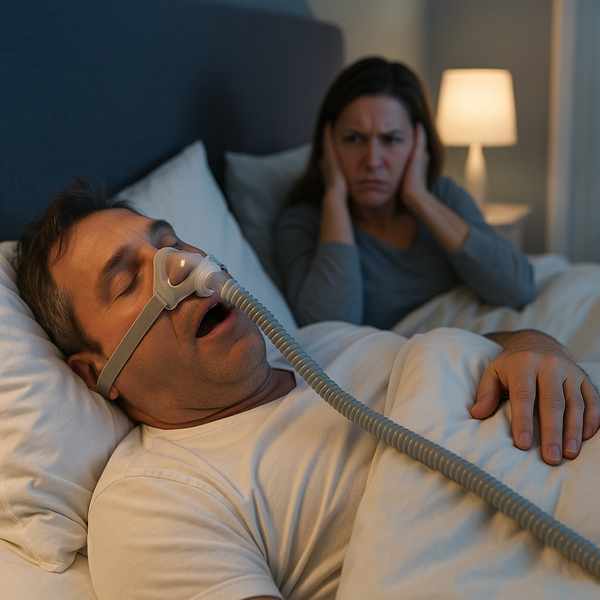Can Weight Loss Cure Sleep Apnea?
Can Weight Loss Cure Sleep Apnea?
Blog Article

One of the most discussed connections to sleep apnea is excess weight — leading many to ask: can weight loss cure sleep apnea?
Let’s explore how shedding pounds can affect this sleep condition.
Understanding Sleep Apnea
Sleep apnea occurs when breathing repeatedly stops and starts during sleep.
Common symptoms include:
- Often reported by sleep partners
- Choking or gasping during sleep
- Difficulty staying alert during the day
- Signs of disrupted oxygen flow
Why Excess Fat Matters
Fat deposits in the throat may narrow the airway, making it more likely to collapse.
Key risk factors include:
- High BMI (Body Mass Index)
- Fat around the neck and jawline
- Poor muscle tone in the throat
Is It Possible to Eliminate Symptoms Naturally?
In many cases, losing weight can dramatically reverse or manage sleep apnea symptoms.
Possible benefits of weight loss:
- Less airway obstruction
- Better oxygen flow
- Less need for CPAP machines or surgery
- Improved sleep quality and energy
However, weight loss may not cure sleep apnea in all cases visit — especially if anatomical issues or severe OSA are present.
How Much Weight Loss Is Needed?
Studies show that losing just 10% of body weight can reduce OSA severity by up to 50%.
Tips:
- Focus on progress, not perfection
- Sustainable changes make a difference
- Notice snoring, energy, and daytime fatigue improvements
Natural Weight Loss Tips for Better Sleep
Effective strategies:
- Limit sugar and processed carbs
- Boosts metabolism and burns fat
- Helps open up the airway naturally
- These relax throat muscles and worsen apnea
Working with a nutritionist or sleep specialist can provide more personalized support.
When Weight Loss Isn't Enough
If symptoms continue, talk to your doctor about other options such as:
- Keeps airways open at night
- Custom-fitted mouthpieces to reposition jaw and tongue
- Surgery in severe cases
Final Thoughts on Weight Loss and Sleep Apnea
For those whose apnea is linked to weight, shedding pounds is often a powerful, non-invasive solution.
Talk to your healthcare provider, make informed decisions, and take proactive steps toward better health and rest. Report this page